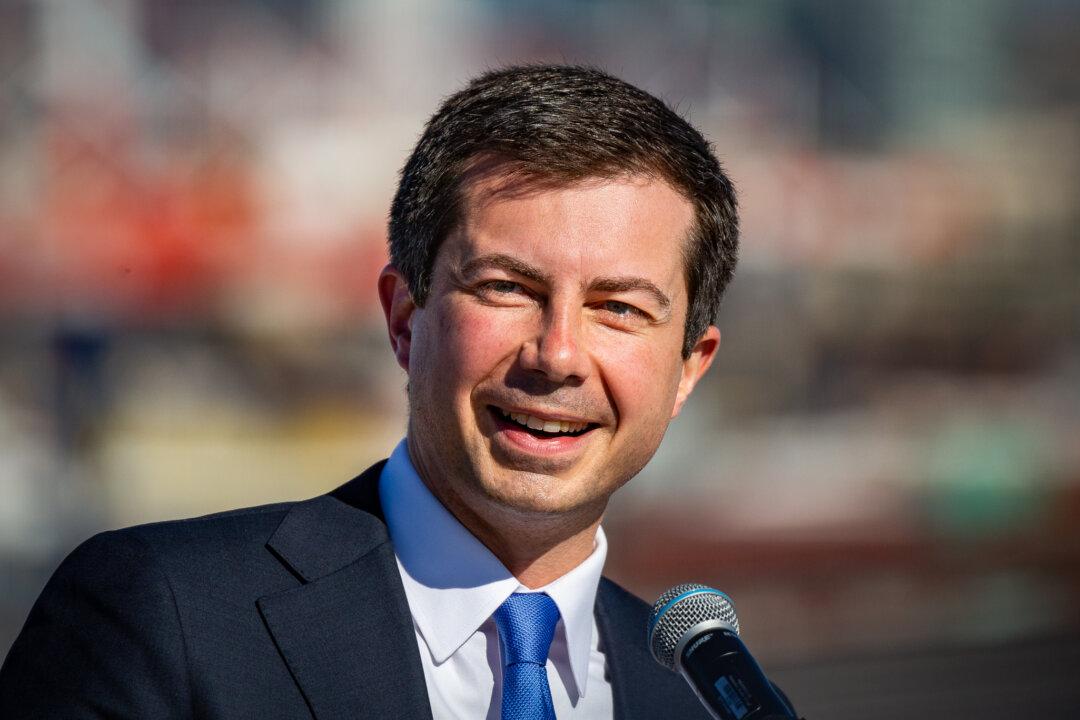The U.S. Department of Transportation (DOT) on Nov. 14 announced “historic enforcement actions” against six airlines that have collectively been fined more than half a billion dollars for passengers who were owed a refund because of flight cancellations or changes.
Frontier, Aeromexico, Air India, TAP Portugal, El Al, and Avianca were required to pay about $600 million in refunds for flight issues.




